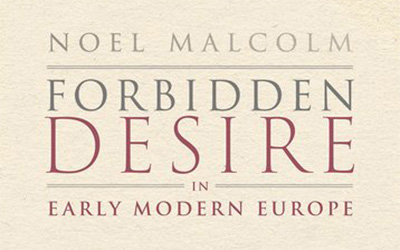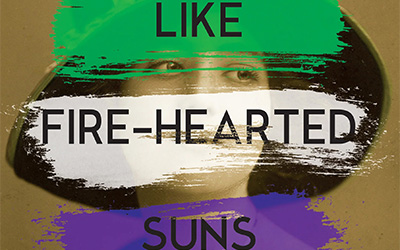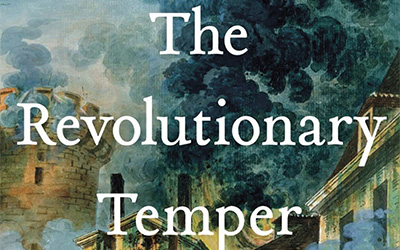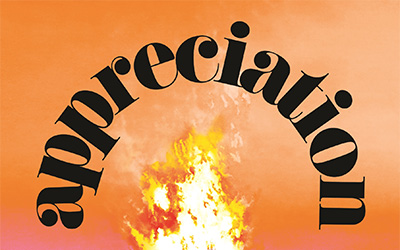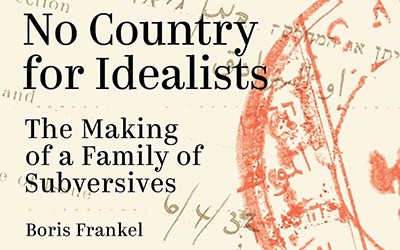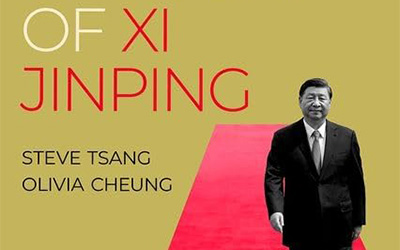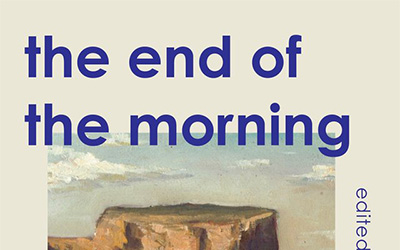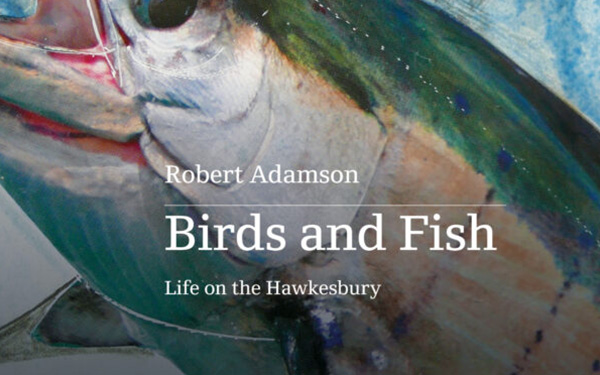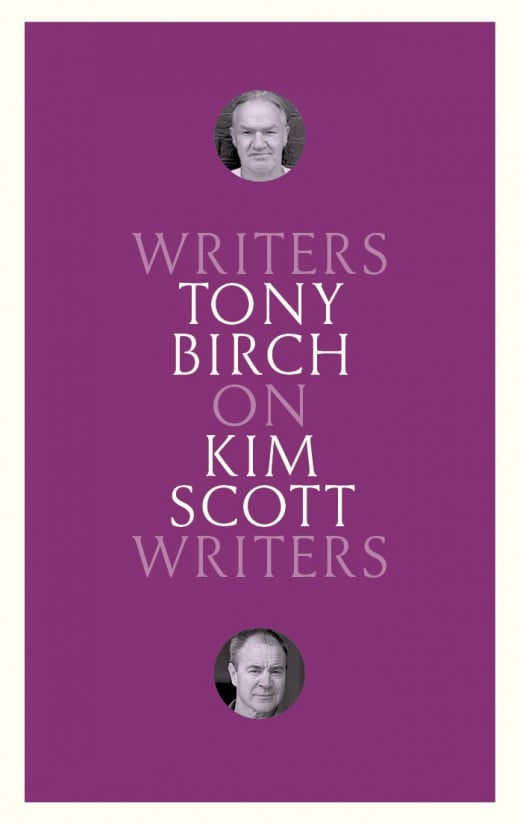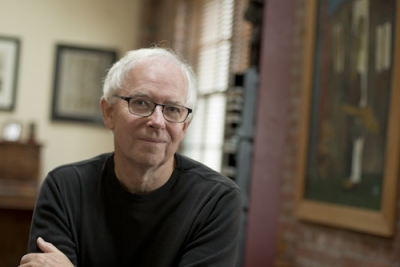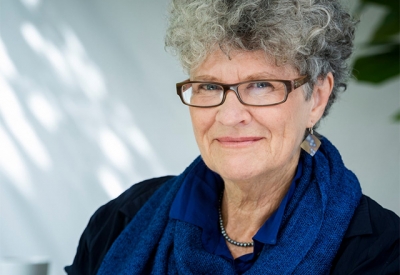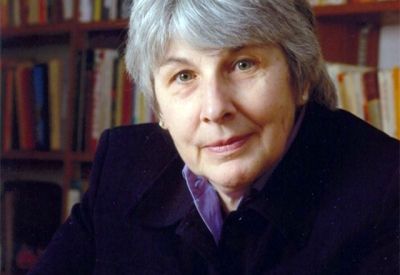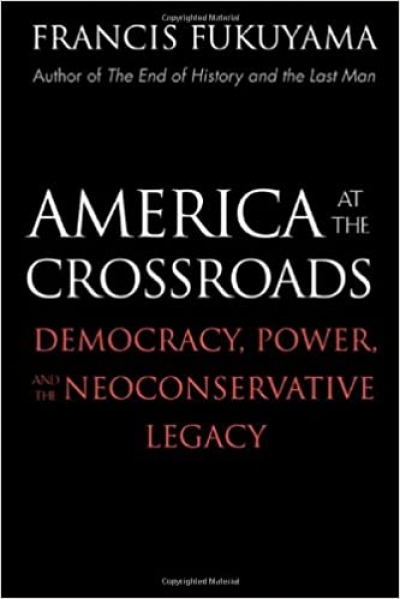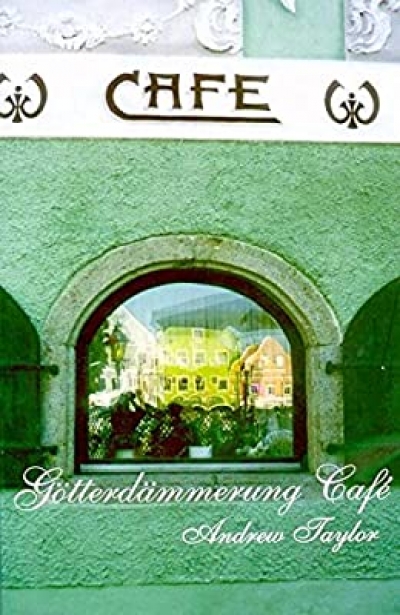History
Forbidden Desire in Early Modern Europe: Male-male sexual relations, 1400-1750 by Noel Malcolm
Do gay men have a history – and, if so, what is it? Historians have grappled with such questions ever since Michel Foucault first published his History of Sexuality in the 1970s. The stakes are high because they are political: at root, they contest nature versus nurture. We know that men who have sex with other men have existed in every past society. But were those men the same as modern homosexuals? Many contemporary gays claim them as forerunners – yet several scholars see modern homosexuality as, fundamentally, a creation of contemporary late-stage capitalism and a chronological and cultural anomaly, whose associated rights may prove equally ephemeral.





